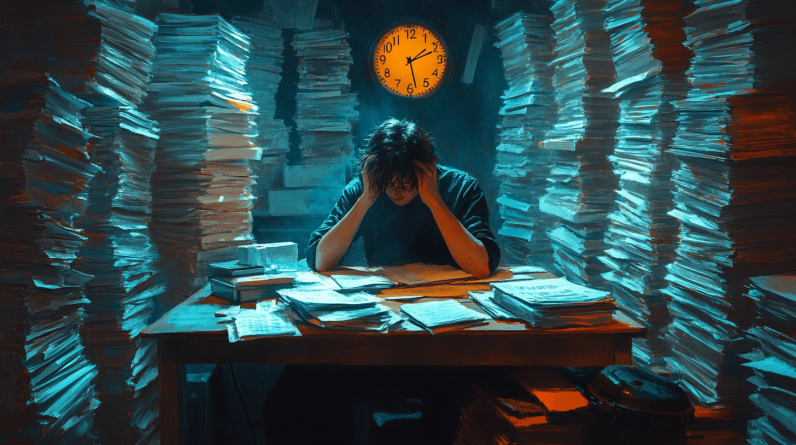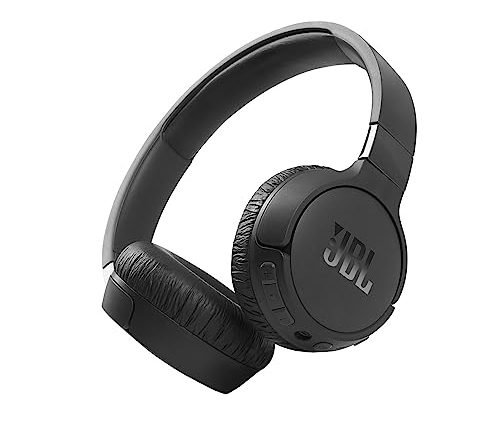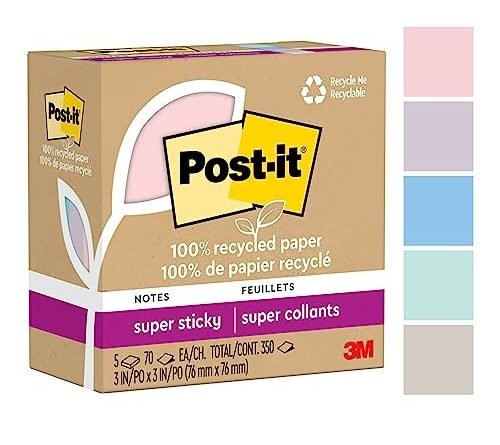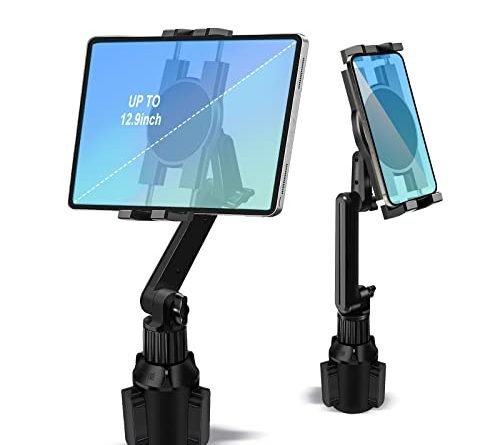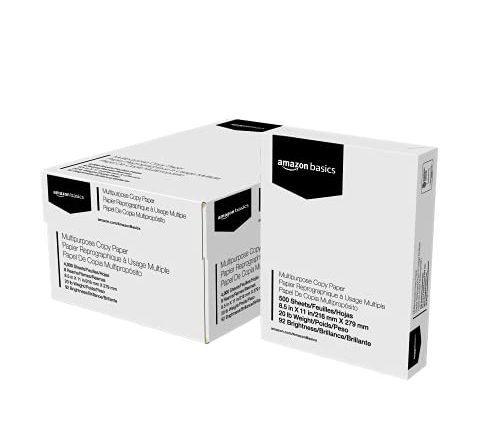
Overcome Everyday Distractions and Stay Focused
Have you ever found yourself constantly pulled between emails, social media pings, interruptions from coworkers, and an ever-growing to-do list? You’re not alone. In our distraction-filled world, staying focused is a daily challenge. But having good focus is crucial for productivity and success.
The good news? There are practical strategies you can use to minimize distractions and reclaim your ability to concentrate. This article provides tips to create an environment for distraction-free deep work and develop habits that support greater productivity.
Understanding Why Distractions Are So Disruptive
Before diving into solutions, let’s recap why distractions can be so disruptive to our workflow:
- Fragmented attention: Jumping between tasks makes it tough to fully engage our brains. This divided focus drains productivity.
- Lower concentration: Constant context switching strains our working memory, reduces accuracy, and makes errors more likely.
- Poorer work quality: Interruptions often result in more superficial thinking. The end product suffers without sustained attention.
- Lost time: Reorienting to new topics after a distraction can take up to 23 minutes. That’s nearly half an hour of lost progress!
Keeping our focus is well worth the effort. Staying engaged leads to better outcomes in the same amount of time.
Design Your Environment for Undivided Attention
Where you work influences how well you work. Here are tips for creating an environment that sets you up for success:
Choose a Dedicated Workspace
By picking a defined area for heads-down work, you consciously cue your brain that it’s time to concentrate. Whether at home or the office, make sure your workspace is strictly for working to associate that setting with productivity.
Minimize Visual Clutter
Reduce visual distractions by keeping only essential items on your desk. Reference materials and reminders are OK but store personal knickknacks elsewhere. Use organizers to keep papers and supplies orderly. A tidy landscape helps calm the mind.
Block Out Disruptive Sounds
Noise pulls subconscious attention even when trying to tune it out. Muffle external noise with headphones or consider hanging sound-dampening panels. White noise machines can mask irregular interruptions.
Adopt Effective Personal Strategies
Creating the right environment removes outer turmoil, but you also need inner discipline. Build mindset habits that safeguard attention:
Practice Mindfulness
Mindfulness meditation develops concentration stamina. Start small with 5-minute sessions, focusing solely on your breath without judgment when your mind wanders. Build up to longer periods. Regular practice strengths neural pathways to enable steady awareness.
Cultivate Self-Discipline
Strengthening your willpower muscle takes some reps, but gets easier. Practice deliberately saying “no” to behaviors that typically distract you, even if just for short bursts. Self-discipline leads to better choices that reinforce focus.
Adopt Positive Self-Talk
Interrupt negative thought patterns with encouraging self-talk focused on your goals. Counter inner criticisms about your willpower. Remind yourself of past successes. Choose progress over perfectionism.

Leverage the Right Technology
Technology can work for you, not against you, when optimized intentionally:
Use Blocking Apps
Extensions like Freedom prevent you from accessing distracting sites so willpower isn’t constantly tested. Use during intense work periods. Smartphone apps like Forest incentivize staying off your device by letting you plant virtual trees.
Manage Notifications
Disable nonessential pop-ups and limit check-ins to just a few times a day. Schedule specific times for tackling emails to avoid constant gaps. Regain control over where you place your attention.
Automate Where Possible
Repetitive tasks like scheduling social media posts open you up for distraction. Offload rote work to tools like Buffer when feasible so you can focus on substantive efforts.
Make Well-Being a Priority Too
Sustained attention requires mind and body support:**
Incorporate Movement
Regular exercise enhances cognitive abilities, releases endorphins, and reduces stress. Movement periods refresh the mind so you can tackle later tasks with renewed purpose.
Prioritize Quality Sleep
Aim for 7-8 hours per night. Lack of sleep impairs function, weakening control. Establish an evening wind-down routine that cues your body it’s time for rest. Eliminate screens 30-60 minutes before bed.
Mitigate Stress
High stress diminishes executive functioning critical for concentration. Journaling, deep breathing, and meditation help relieve tension. Take regular breaks during work periods – dopamine boosts like a quick chat or funny video give the brain a welcome break.
Conclusion & Next Steps
With intention and consistency, the strategies here will help you minimize distractions, strengthen focus, and unlock greater daily productivity. What’s one tactic you’ll try this week? Identify your biggest distraction triggers and obstacles to sustained attention. Then purposefully select one of the above areas to start optimizing first.
Stay patient – new habits take time. But each small win will build confidence and momentum. You’ve got this! Now focus on what matters most and make progress happen.

